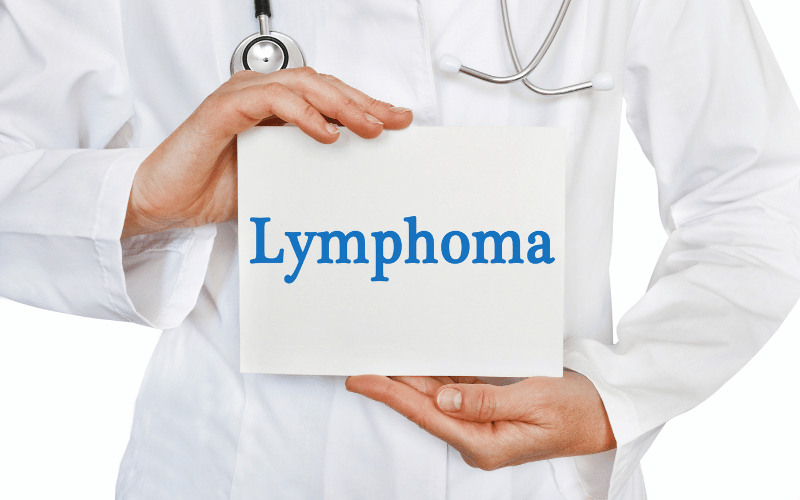Introduction: A Deep Dive into Indolent Lymphoma

Lymphomas broadly fall into two categories: Hodgkin and non-Hodgkin. Indolent lymphoma is a subset of non-Hodgkin lymphoma, characterized primarily by its sluggish growth rate. Its very name, “indolent,” derived from Latin, suggests something inactive or lazy. But while the progression might be slow, the implications for the patient can be anything but laid-back.
You’d be forgiven for thinking that something that grows slowly might not be as concerning as a fast-progressing condition. However, this is where the deception lies. Even though indolent lymphoma might take its sweet time, early detection remains a game-changer in managing this condition. Timely recognition can spell the difference between a manageable, chronic condition and one that’s spun out of control.
But here’s where things get tricky. Symptoms of indolent lymphoma can often be subtle, easily dismissed, or mistaken for more benign conditions. Therefore, being equipped with knowledge becomes the first line of defense against this lurking adversary.
Symptom 1: Swollen Lymph Nodes

Lymph nodes are a vital part of the body’s immune system. They filter harmful substances and help fight infections. So, when these nodes swell, it’s often the body’s way of signaling that something is amiss. In the case of indolent lymphoma, this swelling is primarily located in the neck, armpits, or groin areas. Unlike swellings caused by infections, these are typically painless.
The tricky part is that many other conditions, from the common cold to other types of cancers, can also cause lymph nodes to swell. However, the persistence and painlessness of the swelling, when related to indolent lymphoma, sets it apart. Regular self-examinations are a proactive approach to early detection. If you notice unusual lumps that don’t recede over a couple of weeks, it’s prudent to consult with a healthcare professional.
Moreover, the size and texture of these swollen nodes can provide more clues. Indolent lymphoma often results in nodes that feel rubbery, as opposed to hard or fixed. Their growth might be slow, but any unusual enlargement should be a cause for concern.
Taking a proactive approach, understanding the specific nature of lymph node swelling related to indolent lymphoma, and timely medical consultation can pave the way for early intervention. Being attentive to these subtle changes can be pivotal for an effective treatment trajectory. (1)